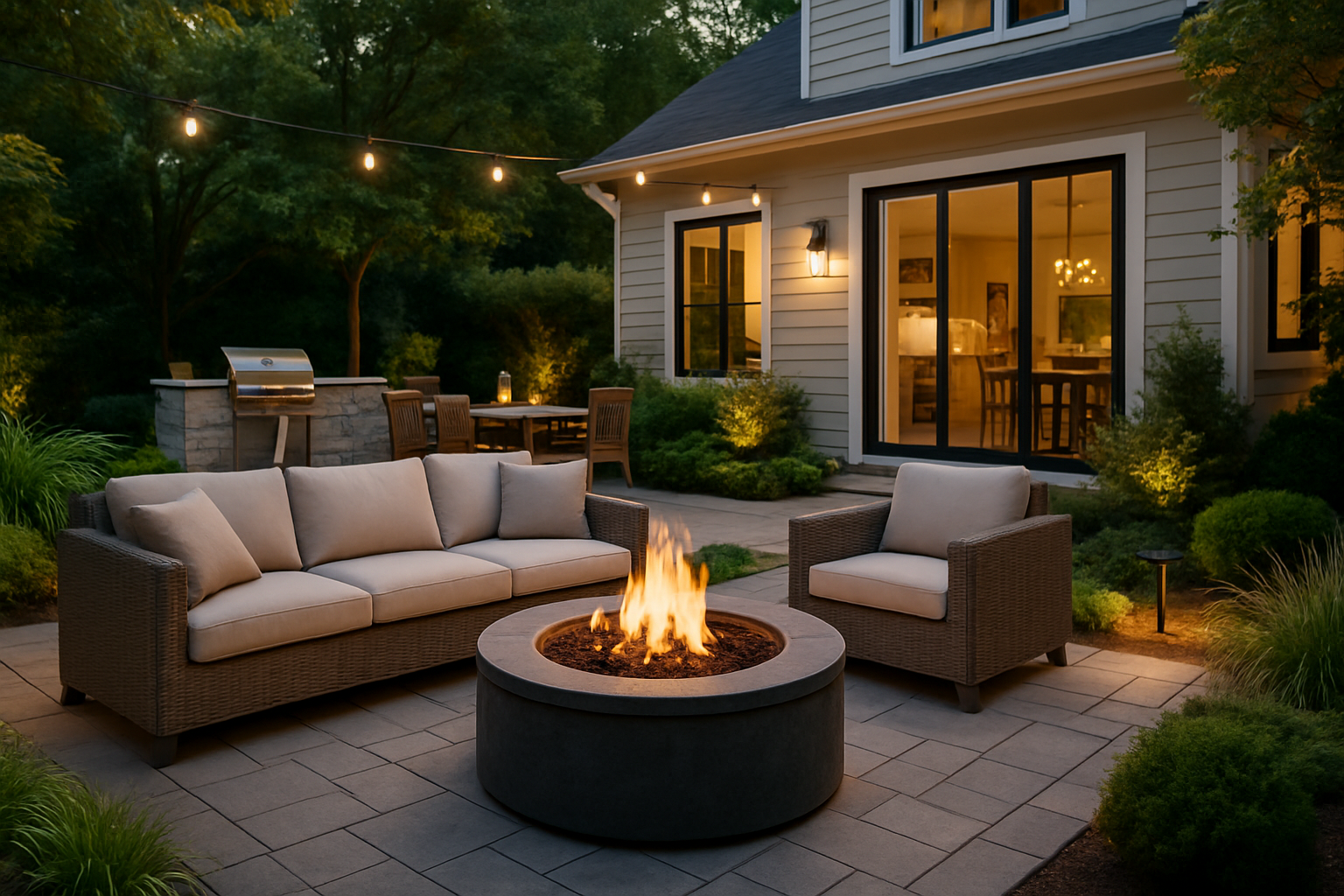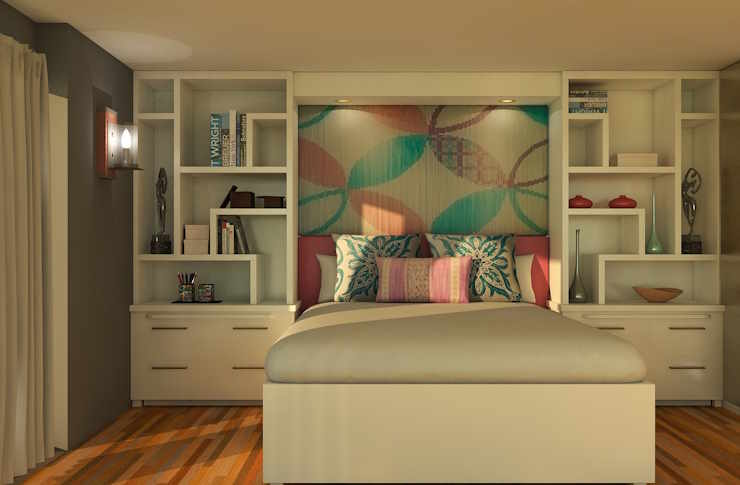Maximizing balcony and patio usability with lightweight modular pieces
Lightweight modular furniture and planting systems can transform compact balconies and patios into multiuse outdoor rooms. By combining modular seating, stackable planters, efficient irrigation, and smart storage, small outdoor areas become flexible, sustainable extensions of the home that support gardening and low-maintenance living.

Balconies and patios often feel like leftover spaces, but lightweight modular pieces can turn them into flexible, high-functioning areas. By choosing reconfigurable furniture, stackable planters, and compact storage modules, you can create distinct zones for seating, dining, and container gardening without permanent installation. These pieces are especially valuable for renters or homeowners who want to experiment with landscaping and horticulture, reduce clutter, and maintain energy efficiency with minimal effort.
How do modular pieces complement interiors and small patios?
Lightweight modular furniture is designed to bridge interiors and outdoor patios, extending living space without heavy investment. Slim benches, foldaway tables, and modular shelving that match indoor finishes help maintain visual continuity between rooms. Use pieces that can be moved easily to change layout based on weather or use—dining one day, a mini office the next. Neutral tones and compact scale keep a sense of openness, while textural accents like cushions and rugs link outdoor arrangements to interior styling.
What landscaping and horticulture ideas suit modular systems?
Modular planting units such as tiered planters, pocket panels, and mobile raised beds support container horticulture on balconies and patios. Plant herbs, small perennials, and compact vegetables in stacked modules to maximize vertical space while preserving floor area for furniture. Incorporate mulch and organic amendments to improve soil health in containers and reduce watering frequency. Choosing plants appropriate for containers and your local climate lowers maintenance and sustains a tidy, productive micro-garden.
How can sustainability, upcycling, and composting be integrated?
Sustainable choices include modular pieces made from recycled materials, responsibly sourced wood, or metal that’s easy to repair and recycle. Upcycling pallets, crates, or old furniture into modular shelving and planters extends material life and adds character. Small composting solutions—bokashi systems, vermicompost bins, or compact tumblers—can be incorporated into storage modules to turn kitchen scraps into soil amendments for container plants, closing nutrient loops even in compact urban settings.
Which DIY adaptations improve modular usability and irrigation?
Simple DIY tweaks make modular pieces more practical: add caster wheels for mobility, drill drainage holes and add liners for planters, or retrofit shelves with hooks for tools. For irrigation, use drip lines, capillary wicks, or self-watering inserts to maintain consistent moisture in containers. Integrating timers or gravity-fed reservoirs helps manage irrigation efficiently and supports water conservation, contributing to overall energy efficiency by reducing pump and manual watering needs.
How do modular layouts support pollinators, mulch, and soil health?
Design modular plant groupings to include pollinator-friendly species such as flowering perennials and nectar-rich herbs to attract bees and butterflies to small outdoor spaces. Apply mulch to container surfaces to suppress weeds, retain moisture, and moderate temperature swings, which benefits soil health. Encourage biological pest control through plant diversity and companion planting; avoid broad-spectrum pesticides and favor manual removal or targeted treatments to maintain ecological balance and healthy microhabitats.
How can storage and decluttering maximize balcony use?
Modular storage benches, stackable boxes, and wall-mounted racks keep tools, cushions, and compost supplies organized and out of sight. Choose units with compartments for watering cans, irrigation timers, and small compost buckets to streamline routine tasks. Decluttering strategies—seasonal rotation of furniture, stowing heavier items indoors during winter, and keeping daily-use items accessible—help maintain a usable, inviting space that adapts to changing needs and activities.
Effective use of modular pieces combines design flexibility with practical gardening and maintenance practices. By integrating sustainable materials, upcycling, efficient irrigation, and pollinator-supportive planting, small balconies and patios can function as productive, low-maintenance extensions of the home. Thoughtful storage and decluttering preserve free space and make seasonal reconfiguration straightforward, helping compact outdoor areas deliver more utility and enjoyment.





